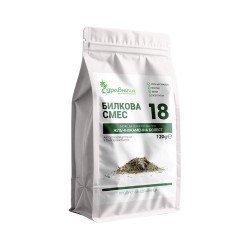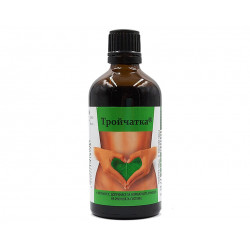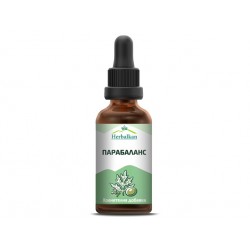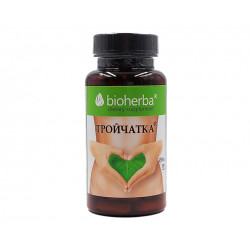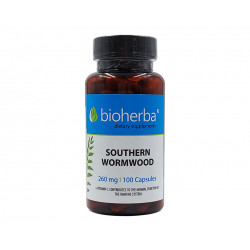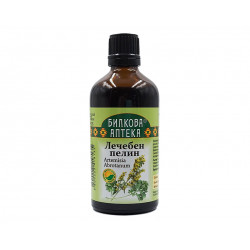Wormwood (Artemisia absinthium) is a herbaceous perennial plant of the genus Wormwood. Distributed in shrubs, grassy and stony places.
Wormwood has been used as a medicinal plant since ancient times. Numerous effects have been attributed to it, including increased appetite, digestion and menstruation. It also helps with headaches, jaundice and inflammation. In ancient Greece, the plant was dedicated to the virgin goddess of hunting Artemis. In Egypt, it was also used as love magic by the goddess of fertility Bastet. In the Middle Ages, the use was described as a medicinal plant by Hildegard von Bingen in detail, which emphasizes above all the external applications. n addition, wormwood has been used against moths in wardrobes. It is also believed to be an effective protection against sorcery and demonic influences and has been used in various rituals as well as in herbal hats against insomnia.
Folk medicine uses wormwood as a healing and health remedy with its multifaceted action: sedative, hemostatic, tonic, antipyretic, anthelmintic, antimicrobial, stimulating the menstrual cycle in women, anticonvulsant, choleretic, diaphoretic, laxative, anti-inflammatory, blood sugar-regulating , eliminates bad breath, anti-nausea. Wormwood stimulates digestion, especially when eating fatty foods.
Wormwood essential oil has antimicrobial and fungicidal effects. Alcoholic leaf extract has the same effect. Wormwood is an antidote to opium. In the past, nursing mothers used it to wean infants when it was necessary to stop breastfeeding.
Use as food
Wormwood is used in cooking to enrich the taste and aroma of dishes - lean, with meat and fish. The leaves are used fresh and dry.
The most popular application of wormwood is for flavoring spirits - beer and wine. It enriches the taste and aroma of the drink, which produces a qualitatively new product. The world-famous alcoholic beverage vermouth is a wine infused with aromatic herbs, the leading one being wormwood. "Vermouth" is a trademark and comes from the German word for wormwood - Wermut.
Bulgarian drink with wormwood
In Bulgaria, the traditional drink is "infused wormwood". This is an aromatic and pleasant drink, one of the forms of modified wine - white or red. It is made by infusing wormwood flower in fermenting wine. The original wormwood drink is prepared according to a complex recipe, which is available only for professionals and connoisseurs. It requires more patience and hard work.
The Bulgarian drink is made with a mixture of herbs: wormwood, yarrow, St. John's wort, thyme, elderberry, oregano, lemon balm. In this mixture the wormwood must be 20%. Some or more of the plants may be missed, but wormwood must be present. A certain amount of the infusion is added to the wine. According to this recipe "wormwood drink" can be prepared by anyone wishing to try a new form of wine with new aromatic and taste qualities. White or red wine can be used for this purpose.
In a wooden wine barrel are arranged a layer of grapes, a thin layer of the herbal mixture, a layer of sliced apples and quinces. The layers are alternated until 2/3 of the container is full. The mixture is pressed with a wooden lid and young, one-year-old wine is poured until the barrel is full. The container s closed with a lid. The wormwood drink is ready in about 30 days. If it is very bitter, add sugar. Wormwood drink is drunk chilled, as an aperitif or with aromatic dishes and cheeses.
Summer drink with wormwood
5 g (1 tablespoon) of dry wormwood is boiled for 1-2 minutes in 250 ml of water. Cool, strain and dissolve 50 g of honey in the mixture. Add 1 liter of cold water and leave for 2 hours in the refrigerator. Served chilled, the drink is refreshing on hot summer days.




